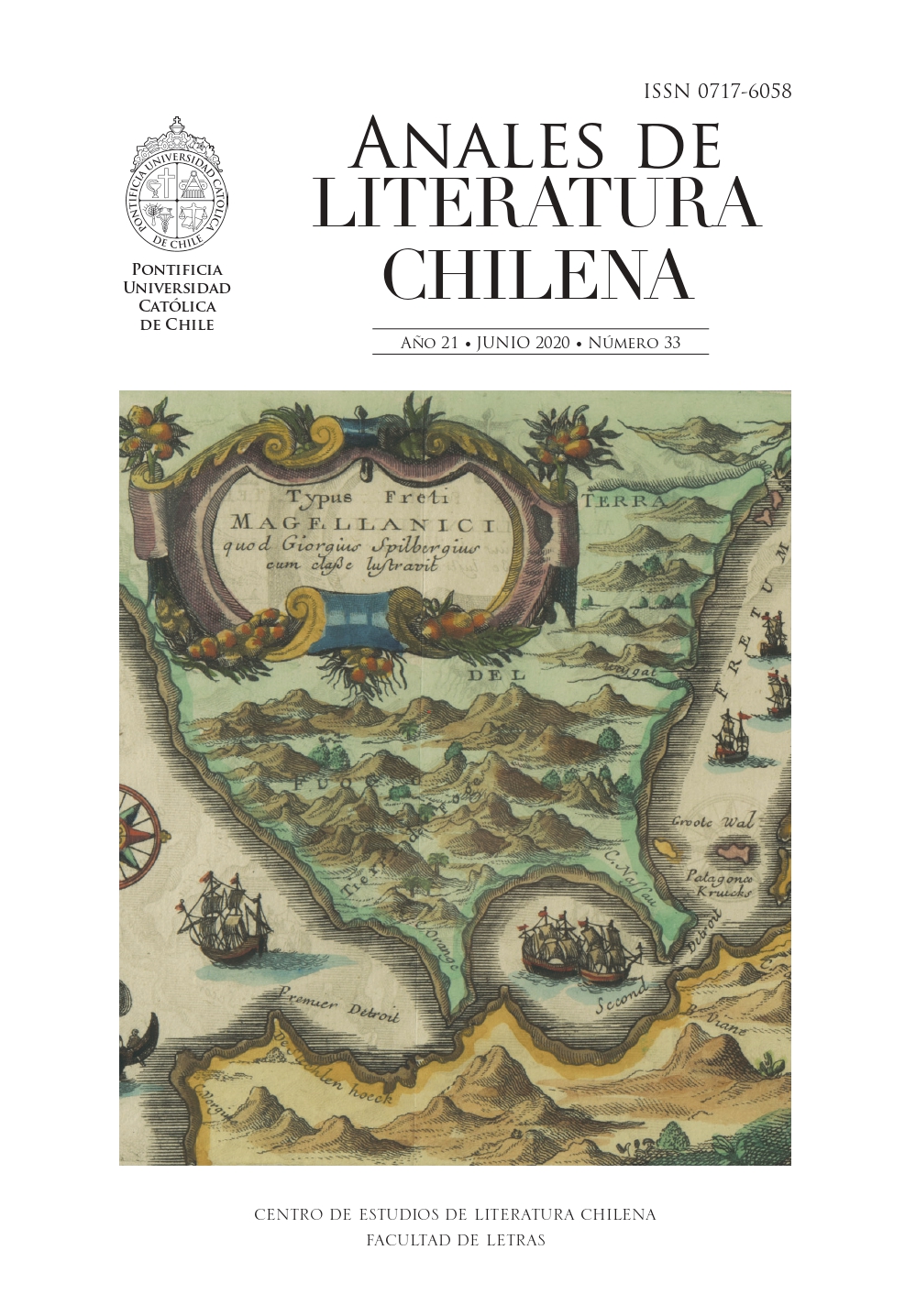Decolonizing poetics: a reading of canto general by Pablo Neruda and “Boletín y elegía de las mitas” by César Dávila Andrade
DOI:
https://doi.org/10.7764/ANALESLITCHI.33.07Keywords:
Pablo Neruda, César Dávila Andrade, colonial paradigm, decolonizationAbstract
This article proposes a reading of some sections of Canto general (1950) by Pablo Neruda and the long poem “Boletín y elegía de las mitas” (1959) by the Ecuadorian poet César Dávila Andrade, suggesting a critical reconsideration of both texts as the implementation of two “decolonizing poetics”. Read in the context of the flowering of critical discourses about the colonial paradigm, both works would be emblematic of the attempt to rewrite the colonial chapter of American history, offering a version against the grain that formulates a sort of epic of the vanquished and poetically constructs an alternative locus of enunciation that lends itself to the ontological recovery of the indigenous subject in writing. We review some ideas of contemporary theory that has established critical perspectives to the colonial-modern paradigm (Walter Mignolo and Eduardo Subirats) to demonstrate that these works of Neruda and Dávila Andrade already advanced in the 50s an interpretation of the “colonial wound” as a foundational event of the capitalistmodern project.
Downloads
Downloads
Published
How to Cite
Issue
Section
License

This work is licensed under a Creative Commons Attribution-NoDerivatives 4.0 International License.


